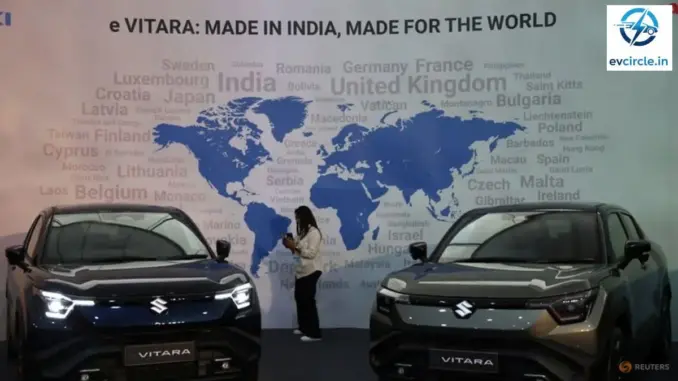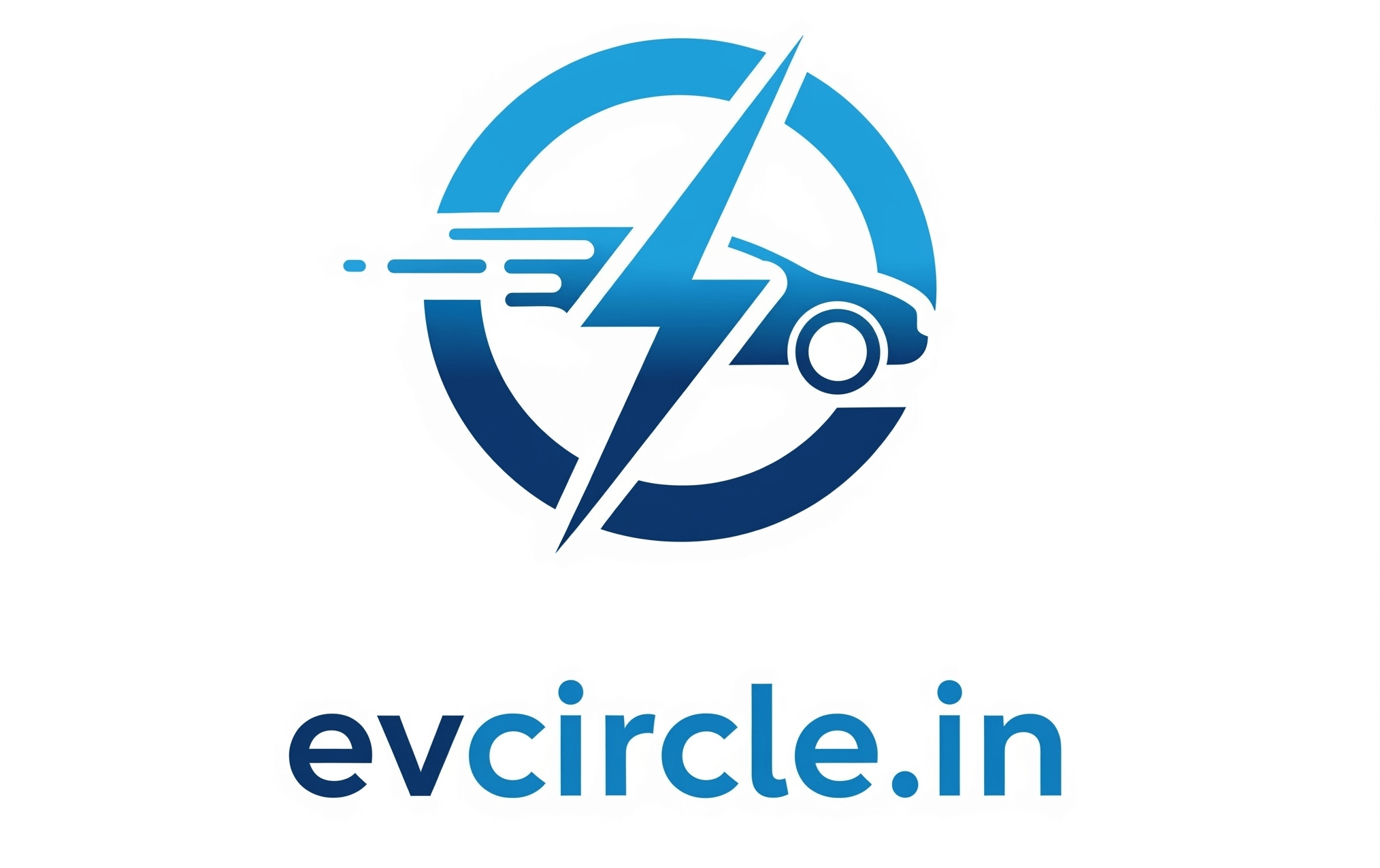
India and Pakistan are rolling out the welcome mat for electric vehicle (EV) makers. So far this year, India introduced measures such as lower customs duties to attract foreign automakers to its EV market. Suzuki Motor committed to invest 700 billion rupees (US$8 billion) in India, and to convert its Gujarat facility into the global manufacturing centre for its EVs. Vietnamese EV producer VinFast set up a US$500 million EV factory in Tamil Nadu, part of a US$2 billion pledge in India. Meanwhile, a Pakistani industrialist has partnered with China’s Cherry Automobile to put US$100 million into producing and marketing EVs domestically. Other Chinese EV firms are also entering Pakistan: BYD, for example, will construct an assembly plant and introduce three EV models by 2026. Both India and Pakistan aim for EVs to make up 30 per cent of vehicle sales by 2030. But the central question remains: Will their EV wagers succeed?
To achieve credible gains, both nations will need sustained investment in EV-oriented skills training, greater awareness of supply chain bottlenecks, and a domestic battery recycling system aligned with global best practices.
INDIA’S NEED FOR EXPERTISE
India has been promoting EVs as part of its commitment to reach net-zero emissions by 2070. Yet that pledge is complicated by China curbing exports of rare earth minerals, which are vital for producing EV motors. Recent moves by New Delhi could undermine its EV goals. The 2020 China-India border clash in the Himalayas plunged bilateral ties to new depths, prompting both sides to impose travel curbs and tighten work-visa issuance. India increased scrutiny of Chinese EV investments – it turned down a US$1 billion investment proposal from BYD in 2023. However, frictions between China and India have eased somewhat since the US slapped a 50 per cent tariff on goods from India. That action threatens to damage many Indian exporters and endanger thousands of jobs. These pressures may encourage New Delhi to seek Chinese capital for its EV industry. India lacks industry-ready local labour specifically for EV production, but automotive workers have transferable skills. Reskilling and retraining across the auto sector are essential for India to avoid job losses during the planned EV shift.
PAKISTAN’S RARE EARTH DEPOSITS
Meanwhile, Pakistan must prioritise supply chain integration to expand its EV industry. It depends heavily on imports of key EV production inputs, which could strain the country’s limited foreign-exchange reserves. Pakistan has undeveloped deposits of rare earth minerals such as copper, gold and lithium. It could attract investment from partners in the United States and the Middle East to develop expertise in alloy creation, plant engineering and refining technologies. Pakistan can leverage existing discussion forums such as the Shanghai Cooperation Organization (SCO) to deepen its grasp of EV supply chains and how to utilise them. Cooperation on EV production is on the SCO’s agenda, and several SCO members in Central Asia have adopted policies to promote mineral exploration and extraction.
BATTERY RECYCLING
Battery recycling is another issue for both India and Pakistan, because it will secure a recurring supply of materials needed for lithium-ion and next-generation EV batteries. Given the substantial upfront costs involved, India and Pakistan would be wise to prioritise recycling at a time when overseas automakers are eager to invest. Pakistan’s dependence on imported EV batteries will hamper its ambition to scale up EV manufacturing, highlighting the urgency of an early battery recycling policy. While Pakistan remains years away from its EV growth targets, it is important to reassure investors that the policy can be developed into a functioning battery-recycling ecosystem over time. India seems to be handling this challenge more successfully. From manufacturers such as Mahindra to Ather Energy, production of EV models has risen, with battery-making start-ups supporting the increase. On-site recycling will help leading brands face shorter lead times in mass production, saving countries the expense of relying on global EV supply chains to cover raw material gaps. Growing interest from Chinese EV manufacturers, including BYD, indicates now is an opportune time to offer international investors regulatory clarity.
“We do not foresee excess capacity in our system as demand in Pakistan will catch up,” said Danish Khaliq, vice president of sales and strategy at BYD Pakistan in a July news report.
Ultimately, India and Pakistan’s EV bets are promising opportunities if the necessary foundations are laid early. By prioritising EV-focused skills, supply chain oversight and domestic raw-material development, both South Asian neighbours can advance their EV goals.
See also: Ola’s Million EV Milestone Marred by Soaring Warranty Costs
Hannan Hussain is Senior Expert at Initiate Futures, a think tank based in Islamabad, Pakistan.
Tech enthusiast and researcher passionate about innovations shaping the future of mobility.

Leave a Reply